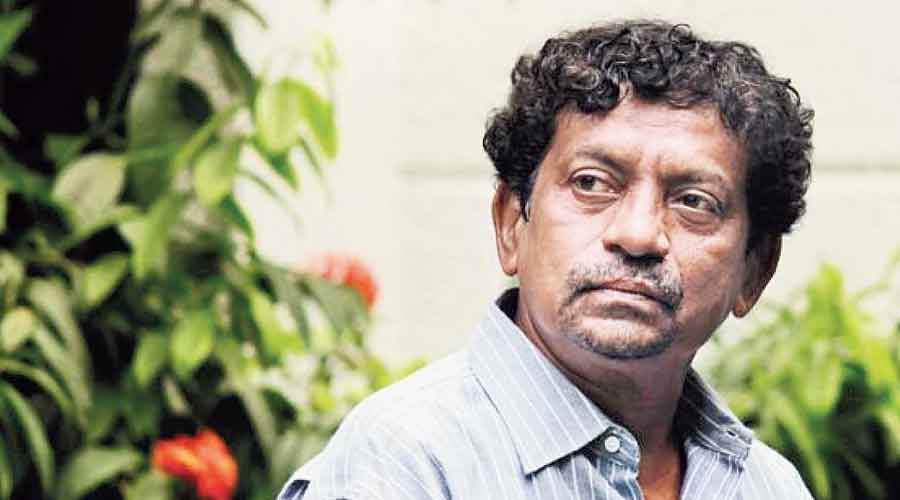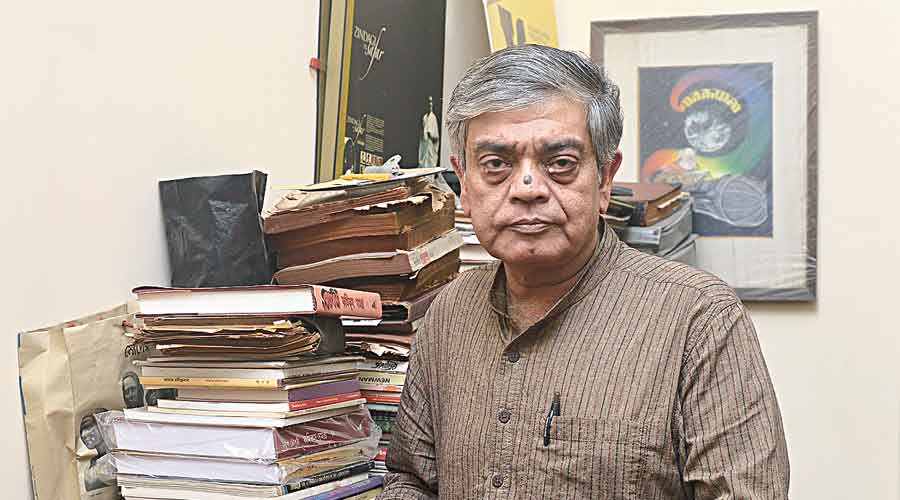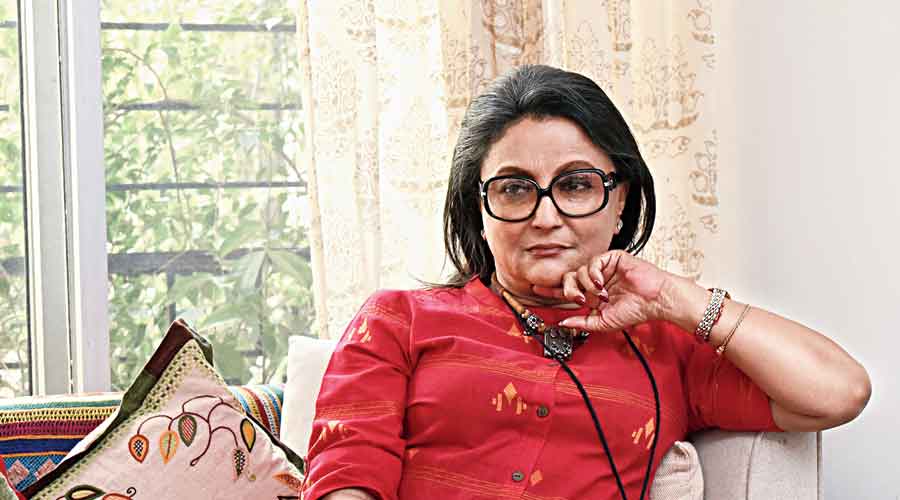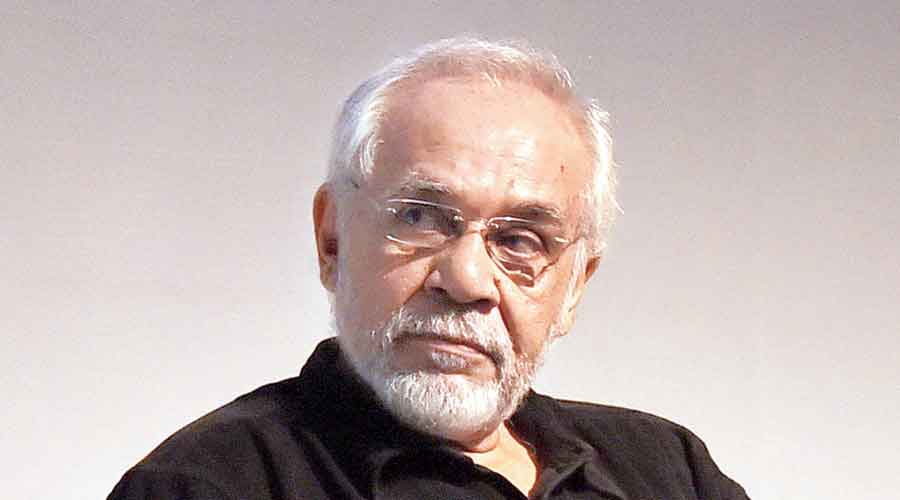Satyajit Ray would have evolved his own style of filmmaking had he lived to make films for the Internet age, felt speakers at the Bengal Club Library Event celebrating Ray’s centenary in an online adda.
The master of the big screen had made telefilms like Sadgati and Pikoo and would not have minded making films for OTT platforms, they said.
OTT platforms or over-the-top streaming services are offered to the viewer directly via the Internet.

Goutam Ghose
Talking about the multifaceted Renaissance man, who was at once a children’s storyteller, a film director, an illustrator and a music director, filmmaker Goutam Ghose said: “Ray belonged to a Bengal Renaissance family where everyone had a scientific bent of mind but practised the arts. He loved to travel and whenever he wrote about a place he would write about its geographical location along with its art and culture. Bengalis learnt a lot about Jaisalmer from his Sonar Kella.”
After the death of Sukumar Ray, the family went through a lot of upheaval but Ray’s mother Suprava Ray did everything to nourish young Ray’s mind, including sending him to Visva-Bharati to be with Rabindranath Tagore. “Notations of Beethoven, Bach were his bedtime readings,” said Ghose.

Sandip Ray
About the writer Ray, son Sandip said: “Though he wrote Feluda, Professor Sonku for children, he got letters and phone calls from his adult readers more than children. And he also made more money writing Feluda, Professor Sanku and Tarini Khuro stories than he did by making films.”

Aparna Sen
He imbibed his characters with a Bangaliana and yet rooted them in an internationalism that was also reflected in himself. Just as Professor Sanku would wear western clothes for his international conferences, so would Ray wear jackets and scarves at international film festivals. But he would be found in khaddar dhuti panjabi at home in Calcutta, pointed out Aparna Sen who played Mrinmoyee in Samapti. Talking about how she bagged the role, Sen said: “Manik kaka came to our house when I was 11 years old. It was my sister’s birthday and I was in a skirt. He was then looking to cast someone for Aparna in Apur Sansar and he had one look at me and said ‘Na, e bodo chhoto’ (she is too young).”
Conjecturing what Ray would have done had he not made films, Ghose said he would have been a symphony composer. Sen thought he would have been a great painter. A student till his last day, he would eagerly learn anything that was new to him.
In his kheror khata for Sadgati, he would practice writing the Devnagri script, said Ghose.

Dhritiman Chatterjee
Dhritiman Chatterjee was the actor Ray found very easy to work with. When Chatterjee shot for Pratidwandi, his shots were approved at one go with no retakes, said Sandip.
Ray had spent an hour with Chatterjee before deciding to cast him for Pratidwandi. “In that one hour, we discussed everything, from films to politics. He watched me very closely all the time,” recounted Chatterjee.
While rounding up the session, every panelist agreed that they missed the presence of Soumitra Chatterjee in this adda to celebrate Ray’s centenary. “He should have been here with us,” said Ghose, lamenting how his death had brought a pall of gloom on Bengalis collectively.










